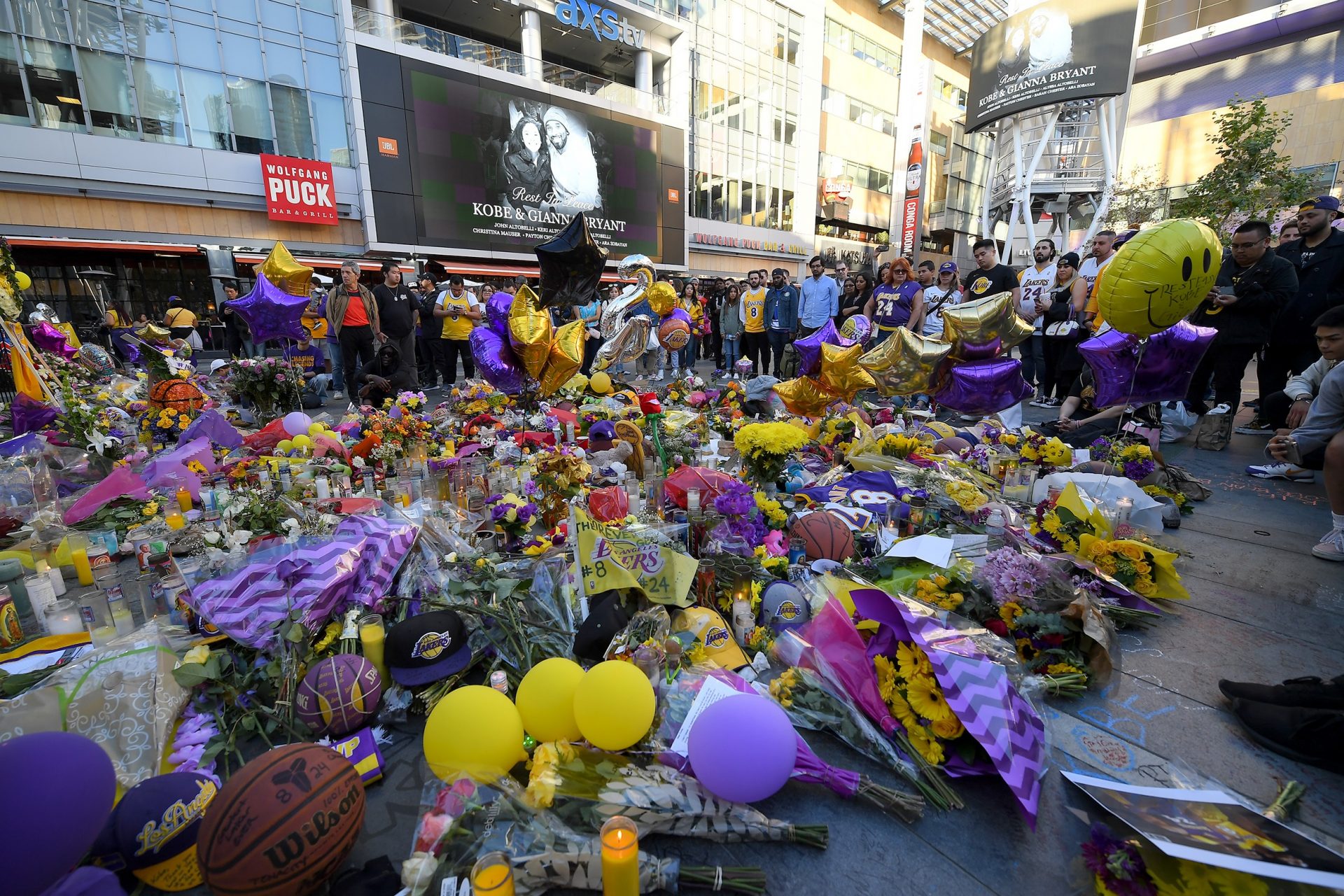When one of our superstars suddenly enters the dark side of the news, we become frozen in shock. How could it be?
As obituaries, tears and heavy mourning continue filling the world in the aftermath of Kobe Bryant’s unexpected death, the grief is accompanied by a very deep question: How does such a person, a cultural icon who had everything considered valuable in life—respect, fame, health, wealth, looks, NBA titles, an Oscar award, a multi-million dollar business empire, a bright future as a brand-builder, an investor, a coach to other athletes and mentor to company founders, as well as a loving and caring family and many friends—one morning come to such a sudden end?
Most in our society follow the news and social media that reports on deaths, accidents, tragedies, people who die under unfortunate circumstances, in addition to reporting on success, sports, entertainment, arts, stars and superstars—people to admire, who make strides to rise to the top of everything that we value in life. When one of our superstars suddenly enters the dark side of the news, we become frozen in shock. How could it be?
“Kobe Bryant’s tragic death is a painful reminder to us mere mortals that life is short and temporary. It shows us how, even if we reach the highest levels of success in life, it can all be lost in a split second.”
Kobe Bryant’s tragic death is a painful reminder to us mere mortals that life is short and temporary. It shows us how, even if we reach the highest levels of success in life, it can all be lost in a split second.
The day Kobe Bryant’s private helicopter crashed, there were other accidents in the world and deaths of people under sad circumstances. Various people, young and old, left behind grieving families. However, we neither know their names nor recognize their faces. This shows us an aspect of our nature that esteems people according to their projection of our life values—our natural desires for money, respect and control—people able to work with determination, discipline and motivation, who grab our attention by outcompeting their way to success, honor, wealth, fame and dominance. We then create systems that advertise these people to us, making them larger than life, embodiments of everything we could possibly want.
Then, when such a person’s life comes to a sudden end, we become jolted. How could such a superstar die? He was immortal to us. He shouldn’t be in the part of the news that focuses on grievous deaths and accidents. That part of the news is for the nameless and countless unfortunates, not for superstars. The Kobe Bryants of the world belong in the sports, entertainment and business sections as positive symbols of accomplishment and success, the winners with fairytale lives who inspire us with hope.
Kobe Bryant’s death is a sign of just how ultimately equal we all are. In the face of death, there is no difference between a great king and an ordinary working man. The naked truth is that the body of the king and the worker ends up buried in the same ground and turns to ash and dust just the same.
Above all of Kobe Bryant’s achievements, perhaps the greatest legacies that his remarkable life can offer us is a reminder of our equality before the certain fate of death, and a powerful call-to-action to treat one another accordingly, with tenderness and love, while we are here. In addition to sharing positive memories about Kobe and comforting his wife and family, we can honor his legacy by using his untimely death as a reminder to increase love and a spirit of unity among humanity. Among his numerous successes, that could well become the greatest achievement that Kobe Bryant can still bring to the world, something which rests in our hands to implement from now onward, and which would truly be larger than the life we have known until today.
If such a spirit of love and unity were to spread throughout society, then maybe we would all be able to reach death pleasantly and naturally, and prevent many future violent and abrupt deaths from happening. Maybe we could then feel that we are all parts of a greater whole, a body of humanity in balance with an even greater nature. And then, just as nature never leaves us, we would never leave it.











